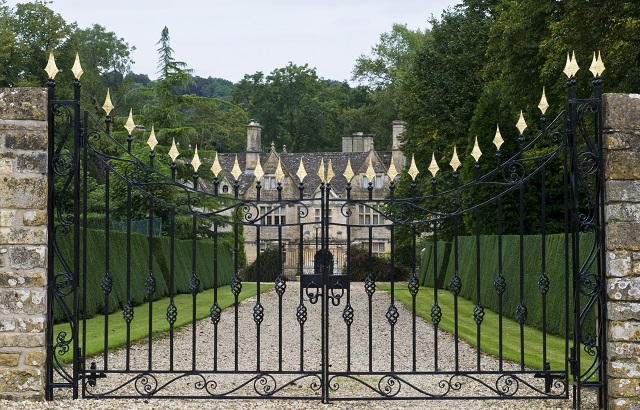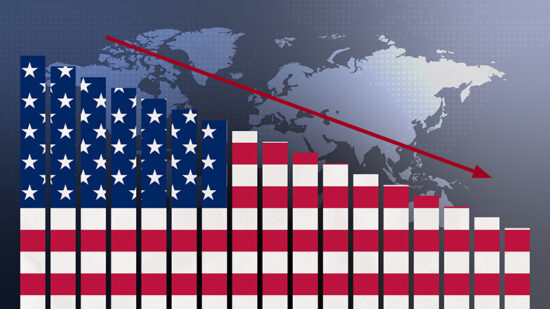It is that time of year again: when The Sunday Times unveils its Rich List of the wealthiest people in the UK.
The 250 entrants include individuals, couples, families and partnerships.
Coming in at the bottom of the list; Tom Gibbon and family, who made their fortune from property, experienced a £27m drop in wealth compared with last year, taking them to £613m for 2021.
Compare this with Sir Leonard Blavatnik, who experienced a £7.2bn increase in wealth to £23bn ($32.5bn, €26.7bn) to claim the top spot on the list – up from fourth in 2020.
His fortune stems from investment, music and media.
Score
In fact, looking at just the top 20, only two entrants experienced a drop in their wealth, one had no change and there was one new entry.
Which means that 16 of the richest people in the UK got wealthier – and not just a little bit.
Eleven of the top 20 accrued more than £1bn.
Blavatnik’s annual increase is superseded by one other entrant; coming in fifth, steel magnate Lakshmi Mittal and family experienced a £7.9bn bump taking their wealth to £14.7bn.
A little bit icky
Trawling through the Rich List to tease out interesting facts and insights brings home to me that I really don’t care how rich these people are.
I’m not impressed by it. I’m not envious.
Admittedly, that could be a cultural, as Brits tend to avoid conversations about how much they earn or how much their property is worth.
Don’t get me wrong, I know from experience that there are plenty of places in London where a certain demographic wants everyone to know how expensive their watch and car were.
But I, quite happily, have no clue about what my friends and colleagues earn.
So, why am I supposed to care about who the richest people in the country are?
Between a poor and a rich place
My discomfort also likely stems from the fact that these people substantially increased their wealth in a year that saw such terrible losses – both personal and financial.
There were always going to be winners and losers from the pandemic. But to have it quantified so clearly in a Rich List feels… distasteful.
I’m unable to appropriately attribute this sentiment, so anyone who can give me a steer, please write it down in the comments section.
“When government wants to incentivise the rich, it gives them money. When government wants to incentivise the poor, it takes it away.”
The top 10 entrants on the Rich List collectively hold £154bn in wealth.
The fortunes of the 250 individuals, couples, families and partnerships named increased by £106bn across the board – taking the number of billionaires to a record 171 from 147 in 2020.
Arguably they need no further incentives.
At a time when nurses are underpaid, national infrastructure is crying out for improvement, poverty and hunger among children are on the rise – passing the hat around a group of individuals who have more money than they will ever need doesn’t seem unreasonable.
Facts and figures
Having stepped off my soapbox, below are some of the finer details from the Rich List:
When it comes to the partial or full source of wealth for each entrant:
- 12 cited ‘investment’
- 12 cited ‘hedge fund’
- 25 cited ‘finance’
- 59 cited ‘property’
- 9 cited ‘inheritance’
The three biggest falls in wealth were reported by a trio whose money came from chemicals company Ineos:
- Sir Jim Ratcliffe – £5.82bn – taking his wealth to £6.33bn (dropped from five to 25 on the list)
- John Reece – £1.9bn – taking his wealth to £2.2bn (dropped to 75 from joint 30)
- Andy Currie – £1.88bn – taking his wealth to £2.22bn (dropped to 74 from joint 30)
Sir Blavatnik was joined by 26 other entrants who have been knighted – including Paul McCartney, Cameron Mackintosh, Richard Branson and Philip Green.
There were also:
- 2 dames
- 12 lords
- 7 ladies
- 3 dukes
- 2 viscounts
- 2 earls
- 1 prince
- 1 princess
There were 15 new names on the list, while 31 entrants experienced no change in their wealth, year-on-year.








